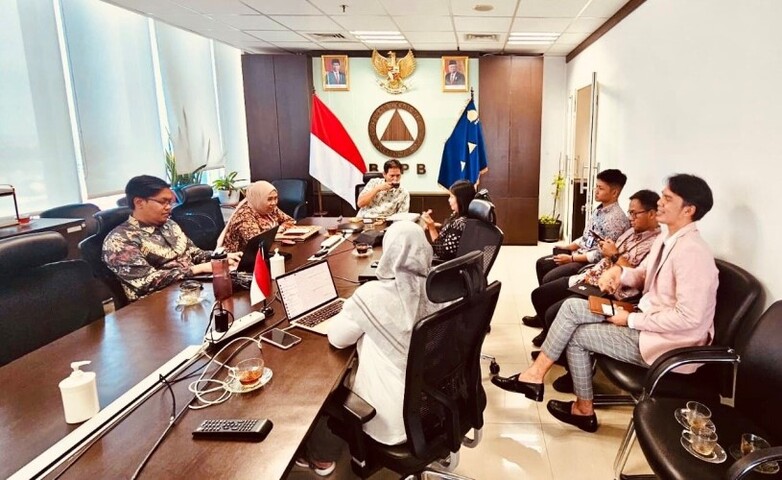Advancing Adaptive Social Protection in Indonesia
Integrated Solutions for Disaster Risk Management and Social Protection (ISASP)
-
Client
German Federal Ministry for Economic Cooperation and Development (BMZ)
-
Country
-
Political sponsors
More
-
Runtime
2023 to 2026
-
Products and expertise
Social development
Context
Indonesia’s rapid socio-economic development in the past two decades has had profoundly negative effects on the environment. This directly impacts around 40 per cent of the population, threatening their livelihoods and leading to significant risks of poverty. The World Risk Index 2022 ranks Indonesia third among the countries with the highest disaster risk. Disadvantaged groups are especially impacted as they have few reserves and very limited resilience. This includes women and girls, people with disabilities, the elderly, informal workers and smallholder farmers. Climate change is thus slowing down the social and economic progress that the country has been able to make in recent years.
The Indonesian government is aware of the vital role social protection plays in making the population more resilient to natural and climate-related threats. It has made far-reaching efforts to combat these issues in line with the concept of Adaptive Social Protection (ASP).
 © GIZ
© GIZObjective
The institutional and technical conditions for implementing a poverty-oriented and cross-sectoral approach to ASP have improved.
Approach
The project advises the Indonesian Government on the following building blocks of ASP programmes and measures:
- Enhancing institutional capabilities and coordination: The project improves national and subnational coordination by analysing existing guidelines, directives, and strategies, focusing on the needs of women and vulnerable groups.
- Boosting livelihoods through integrated funding programmes: It assesses weather- and climate-related hazards affecting livelihoods and develops tailored packages for different population groups and livelihoods.
- Optimising information and data use: The project improves the use of information and data for ASP programmes and measures.
- Supporting financial instruments: It assists government agencies in designing and testing innovative financing approaches, facilitating broad access, and advising policymakers on the feasibility of innovative ASP financing instruments.
Last update: July 2024





